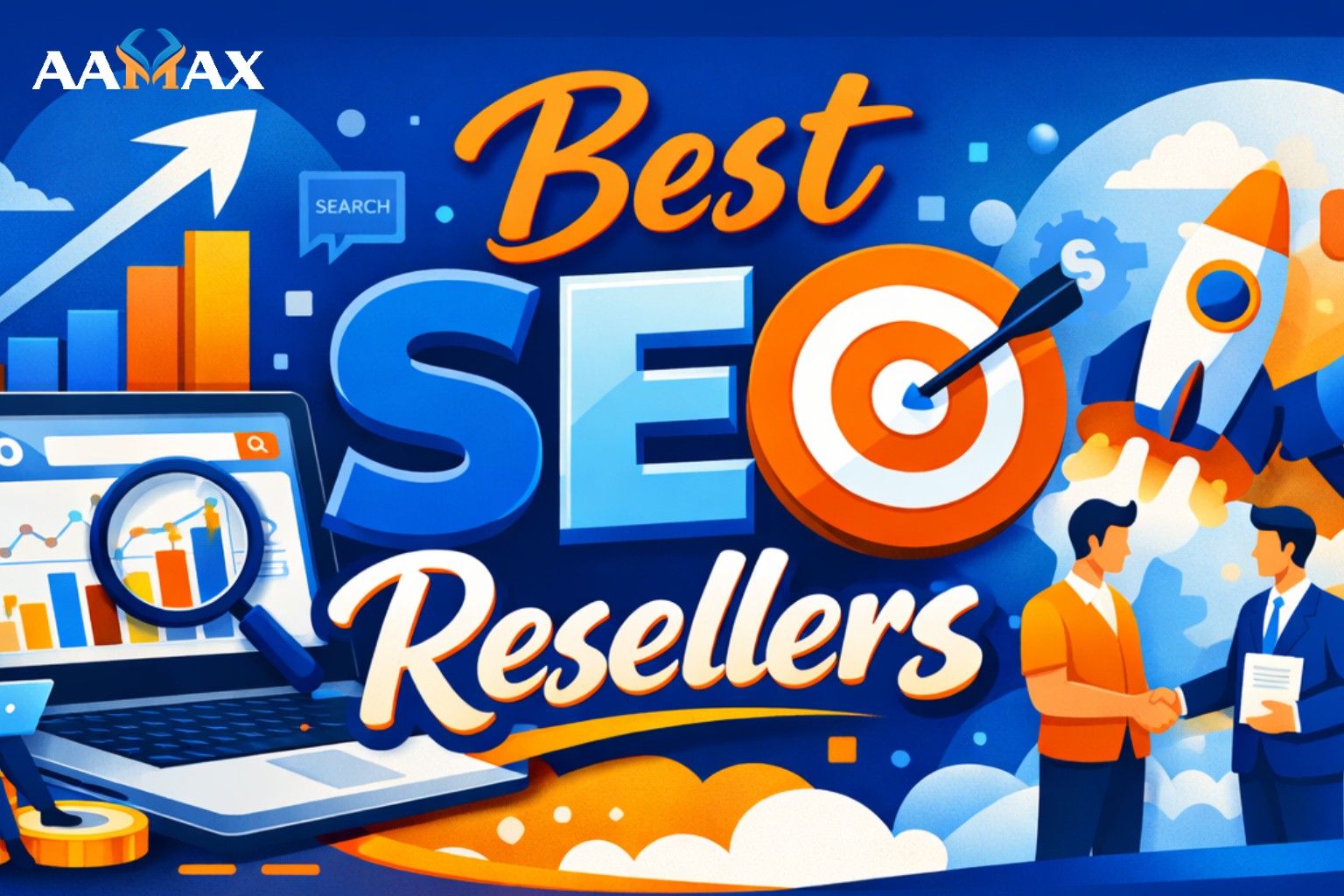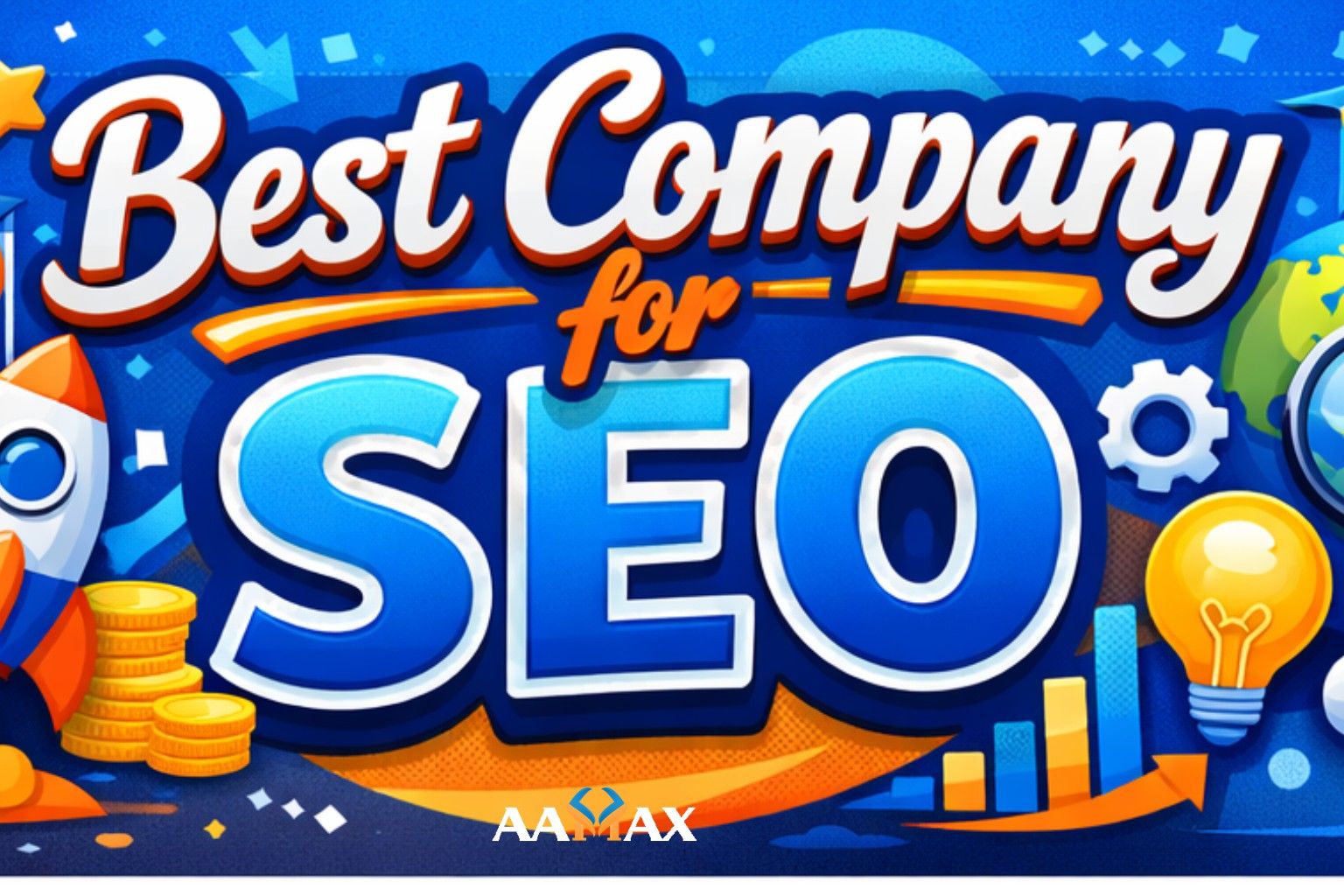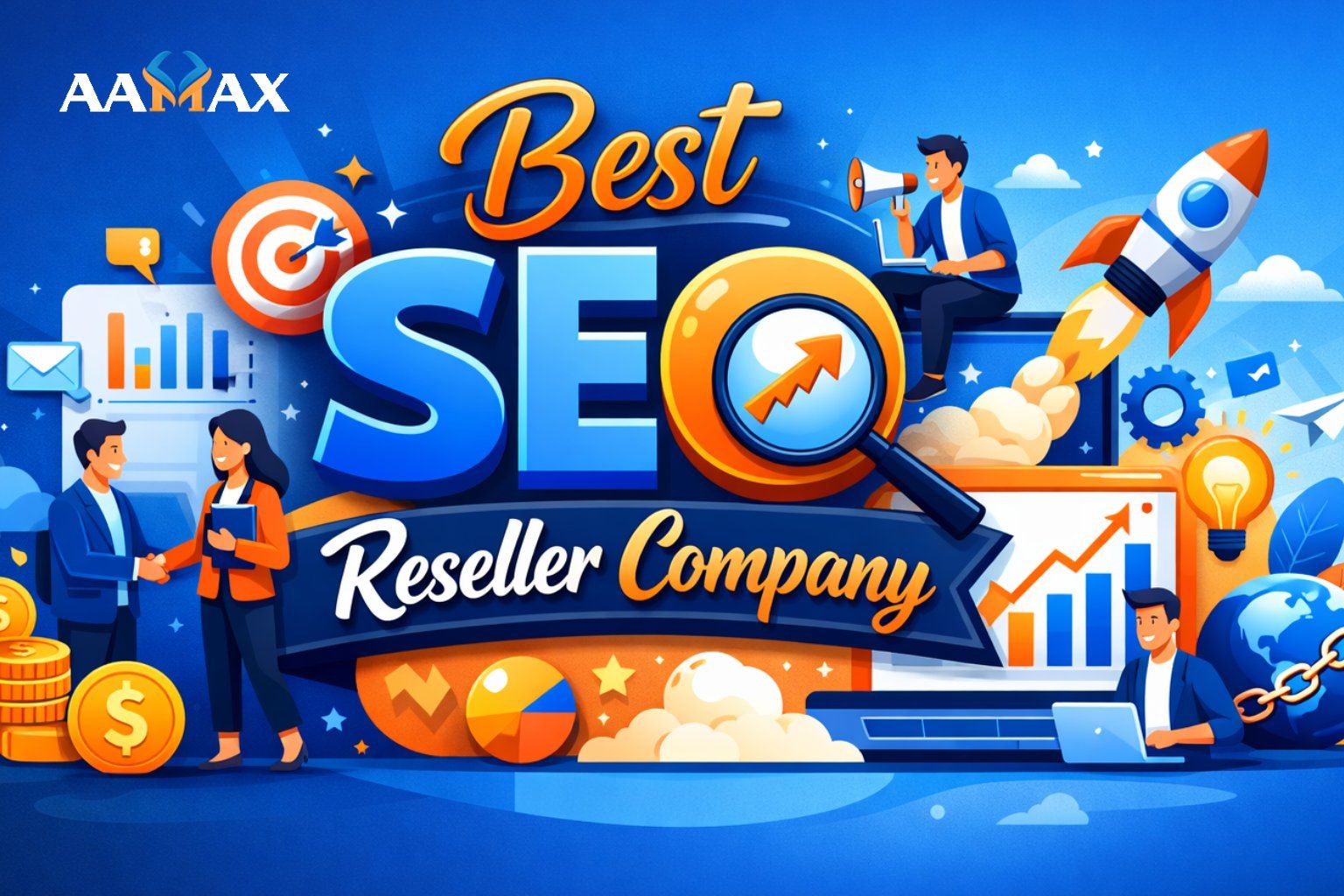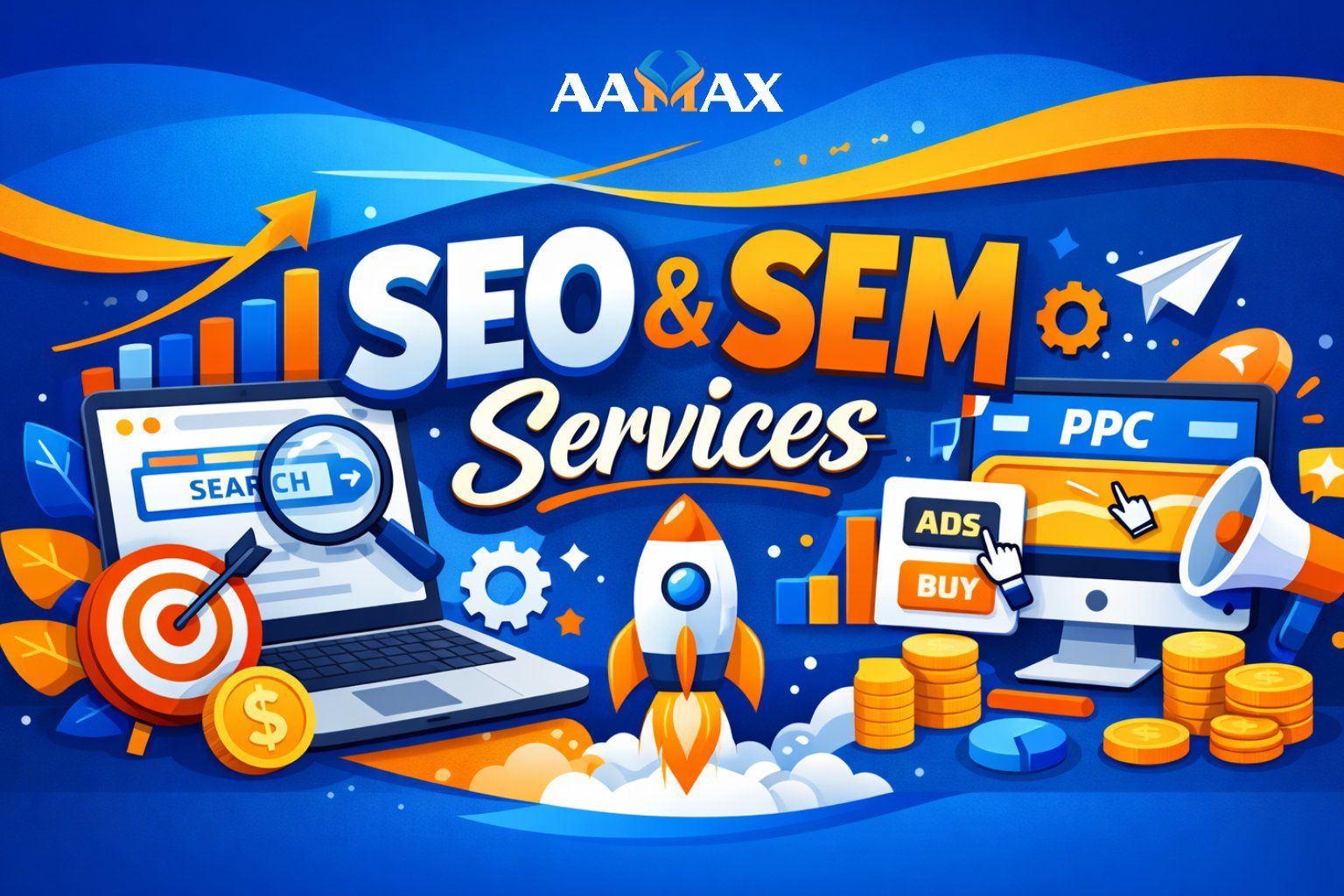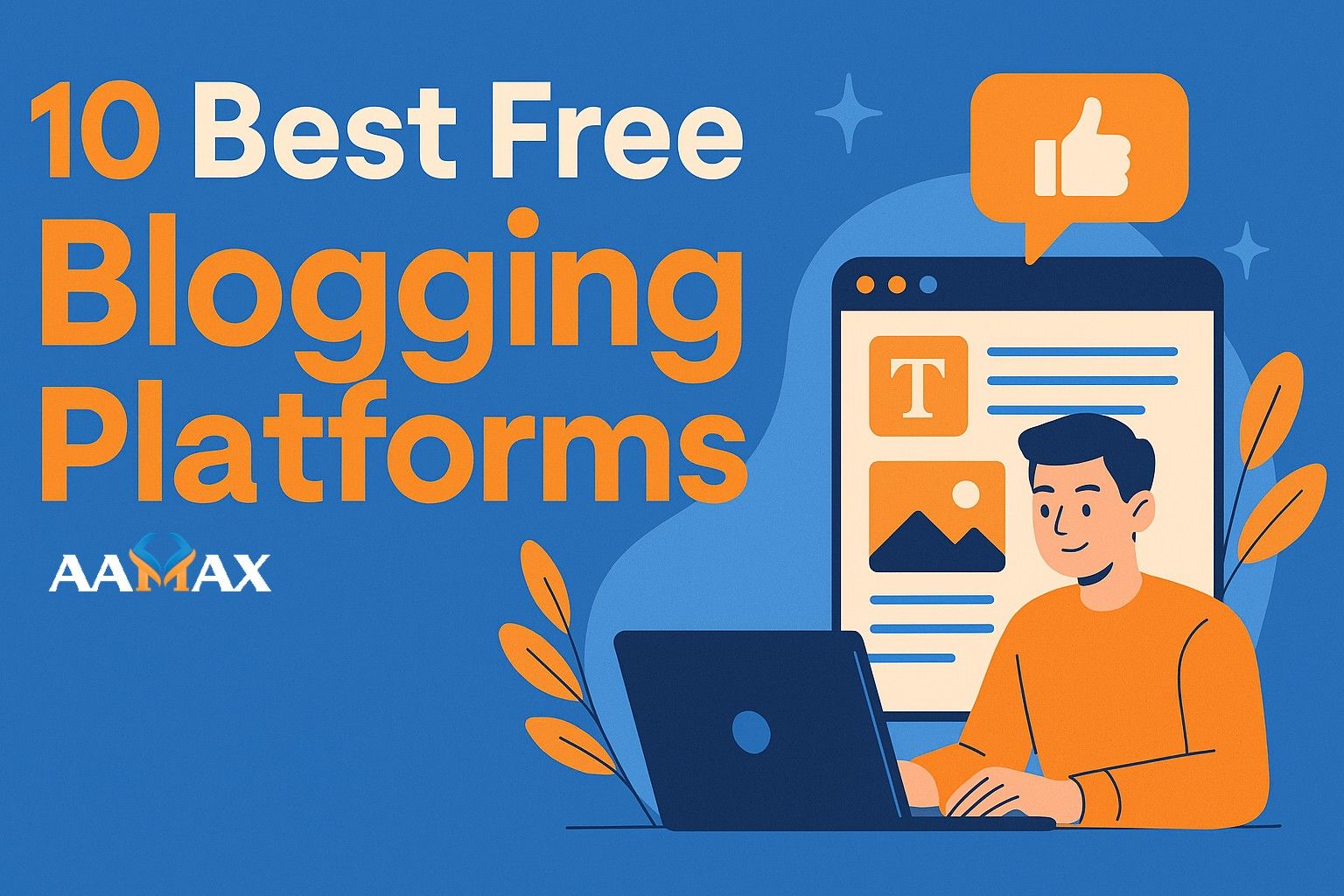
10 Best Free Blogging Platforms
Starting a blog doesn’t need to cost you a fortune—or anything at all. Thanks to free blogging platforms, you can share your thoughts, promote your business, or build your brand without breaking the bank. Whether you're a beginner or a seasoned writer, selecting the right platform can impact your blog's success. In this guide, we’ll explore the 10 best free blogging platforms and highlight their key features, pros, and limitations to help you decide.
1. WordPress.com
Overview
WordPress.com is the hosted version of the popular WordPress CMS. It’s user-friendly, customizable, and perfect for bloggers of all levels.
Pros:
- Easy to use
- Large selection of themes
- Built-in SEO and analytics tools
- Strong community support
Cons:
- Limited design customization unless you upgrade
- Displays ads on your blog
Best for:
Writers, beginners, and anyone who wants to grow gradually without technical hassles.
2. Blogger
Overview
Owned by Google, Blogger has been a long-standing option for casual bloggers and is simple to set up with a Google account.
Pros:
- Seamless integration with Google services
- Easy to monetize via AdSense
- Simple interface
Cons:
- Limited template selection
- Outdated design options
Best for:
Hobbyists and those already invested in the Google ecosystem.
3. Medium
Overview
Medium is a platform focused on writing and storytelling. It’s community-based and ideal for those who want to reach an audience without managing a website.
Pros:
- Beautiful, distraction-free interface
- Built-in audience
- No maintenance required
Cons:
- Limited customization
- Difficult to monetize
Best for:
Writers looking to build thought leadership or share ideas broadly.
4. Wix
Overview
While Wix is better known as a website builder, it also offers solid blogging tools. You can start for free with easy drag-and-drop functionality.
Pros:
- Visually appealing templates
- Flexible design
- App market for added functionality
Cons:
- Displays Wix branding on free sites
- Limited blog features compared to WordPress
Best for:
Creative professionals and businesses looking for visual appeal.
5. Weebly
Overview
Weebly is a drag-and-drop website builder owned by Square. It’s great for eCommerce integration and casual blogging.
Pros:
- Integrated eCommerce features
- Responsive themes
- Beginner-friendly
Cons:
- Limited third-party plugins
- Design flexibility is lower than Wix
Best for:
Bloggers who want to sell products or integrate with Square.
6. Ghost (Self-Hosted Option)
Overview
While the hosted version of Ghost isn’t free, the self-hosted version is open-source and free. It’s ideal for developers and serious bloggers.
Pros:
- Minimalist and fast
- Great for SEO
- Markdown support
Cons:
- Requires hosting and technical knowledge
- Limited themes
Best for:
Tech-savvy users and writers focused on performance.
7. Substack
Overview
Substack is a newsletter platform that doubles as a blogging platform. It’s perfect for writers focused on email content.
Pros:
- Easy newsletter integration
- Monetization options
- Clean interface
Cons:
- Less SEO benefit
- Limited design options
Best for:
Newsletter writers and journalists looking to grow an email list.
8. Tumblr
Overview
Tumblr blends social media and microblogging. It’s unique for its multimedia capabilities and reblogging features.
Pros:
- Highly social
- Great for multimedia content
- Easy to use
Cons:
- Limited customization
- Audience tends to skew younger
Best for:
Visual and creative bloggers who want to engage with a community.
9. Jekyll + GitHub Pages
Overview
If you're a developer or technically inclined, Jekyll + GitHub Pages offers a powerful way to blog for free without ads.
Pros:
- Fully customizable
- No platform branding
- Ideal for developer blogs
Cons:
- Requires GitHub and development knowledge
- Not beginner-friendly
Best for:
Developers and tech bloggers who want total control.
10. Write.as
Overview
Write.as is a minimalist blogging platform that values privacy and simplicity. There are no likes, comments, or distractions.
Pros:
- Focused writing environment
- No ads
- Supports Markdown
Cons:
- No customization
- Limited audience discovery
Best for:
Writers looking for distraction-free publishing and privacy.
How to Choose the Right Free Blogging Platform
When choosing the right platform, consider:
- Your Goals: Are you blogging for fun, profit, or professional growth?
- Design Needs: Do you want full control or a plug-and-play solution?
- Monetization: Will you eventually want to make money from your blog?
- Technical Skill: Do you prefer simplicity or are you comfortable with code?
Evaluate your answers and test a couple of platforms before committing. Most free options allow you to upgrade later if needed.
Final Thoughts
Free blogging platforms offer a risk-free way to start your online writing journey. Each has unique strengths, so the best one for you depends on your specific needs and comfort level.
For help designing and marketing your blog, consider hiring AAMAX for expert digital marketing services. AAMAX is a full-service digital marketing company offering Web Development, Digital Marketing, and SEO Services that help you grow online with confidence.


